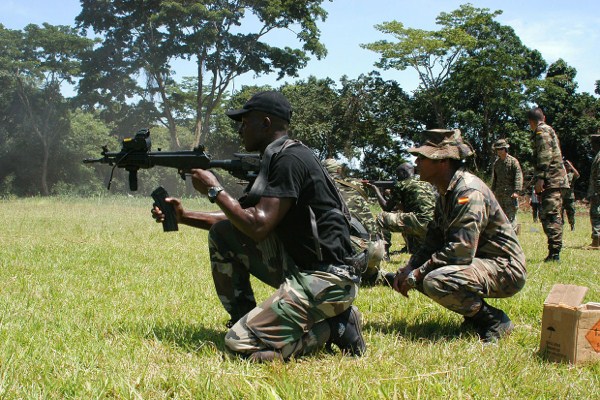As Boko Haram increasingly devastates northeastern Nigeria and crosses into Nigeria’s neighbors, Cameroon has attracted more international attention, both positive and negative. The International Crisis Group recently wrote that “Cameroon’s apparent stability and recent government reforms can no longer hide its vulnerabilities.”
The report assesses the political risks of President Paul Biya’s apparent desire to remain in power indefinitely, despite his advanced age and lack of a clear succession plan. Alongside these medium-term risks are two short-term problems that deserve special scrutiny: the potential for destructive escalation in Cameroon’s fight with Boko Haram and the ambiguous effects of an aggressive anti-corruption campaign. Given that corruption in Nigeria is often cited as a driver of Boko Haram, militancy and corruption are potentially linked in Cameroon as well: As Boko Haram attempts to put down roots there, the legitimacy of the state’s anti-corruption drive could affect support among ordinary Cameroonians for the militant group.
In 2014, Cameroon’s Rapid Intervention Battalion (BIR) has proven a stronger foe for Boko Haram than Nigeria’s security forces. After Boko Haram kidnapped 10 Chinese road construction workers near the border town of Waza in May, the BIR deployed 1,000 soldiers to the border with northeastern Nigeria. Cameroonian forces have reportedly defeated Boko Haram in combat in the far north, fighting battles in Fotokol and elsewhere.

